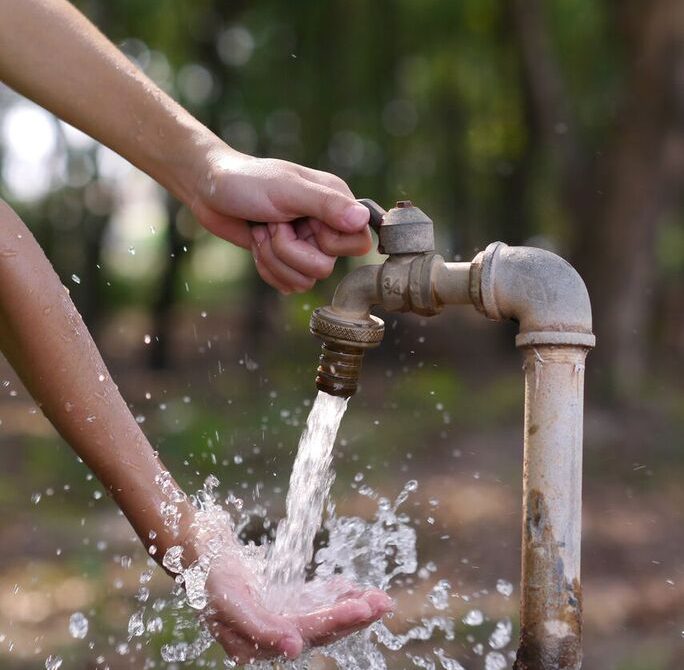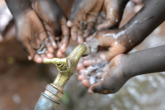
Did you know that good personal hygiene is one of the most effective ways to protect yourself, and others, from illness?
Often we mistake the word hygiene for cleanliness but in reality hygiene goes beyond that. It is a set of practices that you must perform to preserve your health, it includes lifestyle, premises and commodities that lead to a safe and healthy environment.
There are sets of standards of hygiene that are recommended for different situations and these often vary across cultures.
Personal hygiene involves maintaining cleanliness and grooming of your body for the preservation of good health. The importance of personal hygiene cannot be overly stressed. Your body provides places for disease causing germs and parasites to breed, such as your skin and openings around your body. Practising good personal hygiene makes it unlikely that these germs and parasites can get inside your body to cause illness.
Infections such as colds and diarrhoea for example, develop when you put your unwashed hands which carry these germs on them to your mouth. You can contact germs directly when an infected person touches you or the food you eat and indirectly when you touch an object or surface that an infected person has touched.
In Sub-Saharan Africa, people live in crowded conditions due to poverty.. The likelihood of getting disease is greater because people in an overcrowded house will be in closer contact with each other and therefore spread germs more easily from from one person to another. A simple thing such as sneezing and coughing in a crowded room makes it very easy for flu germs to be passed from person to person. Sharing beddings and towels can spread trachoma and other germs which cause eye infections as well as germs that cause skin infections.
Personal hygiene also plays an important role in social interactions. How often have you done everything imaginable to keep as far away as possible from the co-worker with bad breath or body odor rather than tell her gently how she could improve her personal hygiene?
There are ways to improve your personal hygiene such as:
- Washing your hands, especially after using the toilet and before preparing or eating food
- Keeping your body clean
- Cleaning the teeth at least once a day – twice daily is better
- Being careful not to cough or sneeze on others (good cough etiquette)
- Cleaning things that you touch if you are unwell
- Putting used items such as tissues (that may have germs) into a trash bin
- Using protection (like masks, gloves or condoms) when you might be at risk of catching an infection.
Did you know that washing your hands with soap and water is the single most important thing you can do to protect yourself and others from diseases?
When you fail to maintain good personal hygiene you put yourself at risk of different diseases and infections such as diarrhoea.
About 2 million people die every year worldwide due to diarrheal diseases. Most of them are children less than 5 years of age living in extreme conditions of poverty, in developing countries. The devastating effect of diarrhoea in Sub-Saharan Africa and other low income regions can be attributed to the cluster of inadequate water, inadequate sanitation and poor hand hygiene.
Research shows that simply washing your hands with soap and water:
- Reduces diarrhoea by almost half (50%)
- Reduces the occurrence of respiratory infections by nearly a quarter (25%)
- Reduces the occurrence of skin diseases
- Reduces the occurrence of eye infections like trachoma
- Reduces the occurrence of intestinal worms
Join us on Channels TV at 3:30pm as we discuss personal hygiene and its many benefits.


